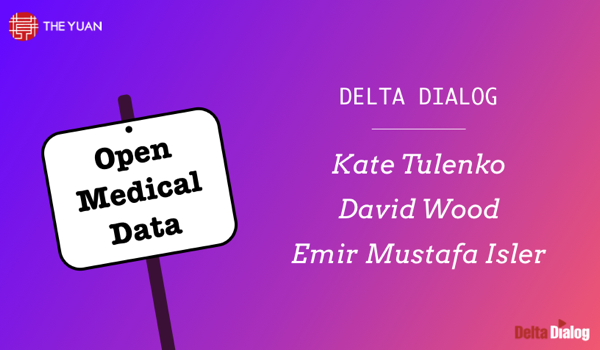
ISTANBUL -
Revolutionizing Health Workforce Planning
The healthcare industry faces several challenges, including shortages of qualified personnel, skills gaps, burnout and stress among healthcare workers, an aging workforce, and inadequate training and education. These challenges can lead to longer wait times, reduced access to care, and lower quality care, among other issues. Addressing these challenges is essential for creating a sustainable and effective healthcare system.
Mentorship programs, technology-enabled training, clear career pathways, flexible work arrangements, and workforce analytics are some of the innovative approaches that can help address the challenges facing the health workforce throughout their career. These approaches can help bridge skills gaps, reduce burnout rates, and create a more supportive and sustainable work environment for healthcare workers. Implementing these innovative approaches can lead to improved patient care and outcomes, as healthcare workers are better equipped to provide high-quality care and are more likely to be satisfied in their jobs. By investing in the health workforce and promoting their well-being throughout their career, healthcare systems can ensure a sustainable and effective healthcare system for all.
AI and open medical data can play a significant role in addressing health workforce challenges by providing timely and accurate insights into workforce needs, trends, and performance. For instance, AI-powered tools can help healthcare systems predict future workforce needs and identify areas of workforce shortages, enabling more effective recruitment and training programs. Open medical data can also help healthcare systems track trends in health workforce supply and demand, identify patterns and areas of need, and inform policy decisions.
Data is a crucial component of health workforce planning, enabling healthcare systems to understand workforce trends and plan more effectively for the future. For example, data on healthcare worker demographics, skills, and education can help healthcare systems identify areas of workforce shortages or skills gaps and tailor their training and recruitment programs accordingly. Accurate and up-to-date data can also help healthcare systems monitor workforce performance, identify areas for improvement, and develop strategies for addressing issues such as burnout and turnover.
What’s in it for me? / Why should I care?
Ensuring a sustainable and effective health workforce is essential for providing high-quality care and improving health outcomes for individuals and communities. Understanding the importance of data in health workforce planning and how it can inform strategies is crucial for creating a sustainable and effective healthcare system. By investing in innovative approaches and utilizing data to inform strategies, healthcare systems can create a more supportive and sustainable work environment for healthcare workers and improve access to quality healthcare for all.
Further Reading:- Universal open medical data necessary for global health equity
- The trek towards US health data interoperability goes at a snail’s pace
- Pitfalls of AI in public health and medicine call for vigilance





 524 views
524 views






